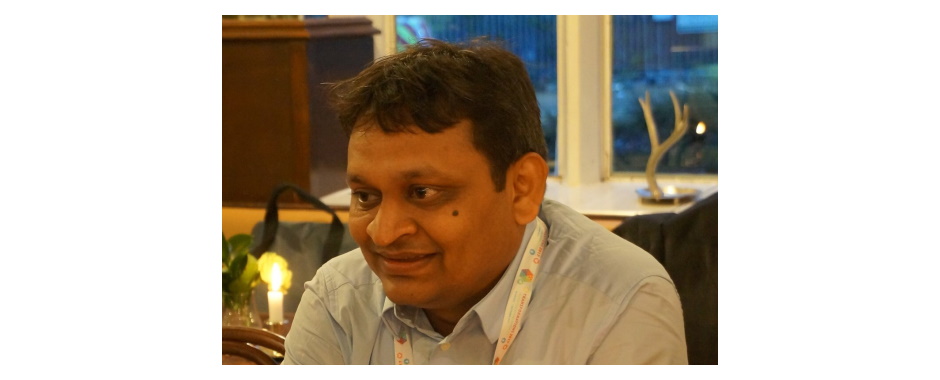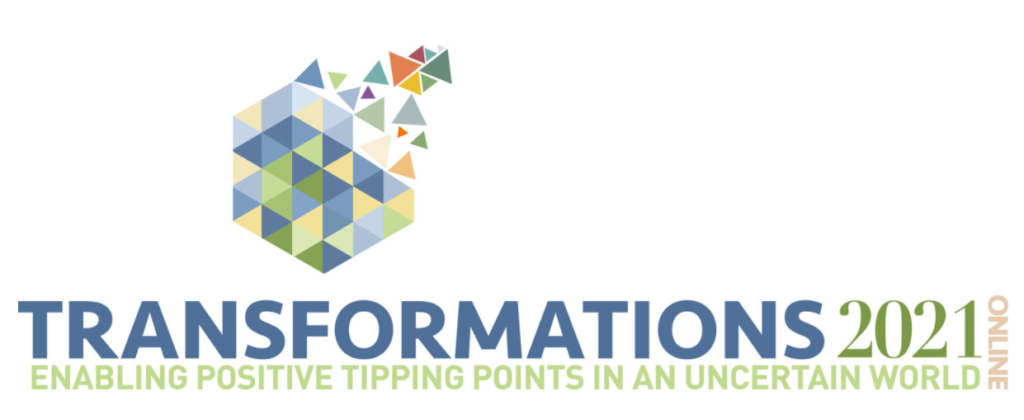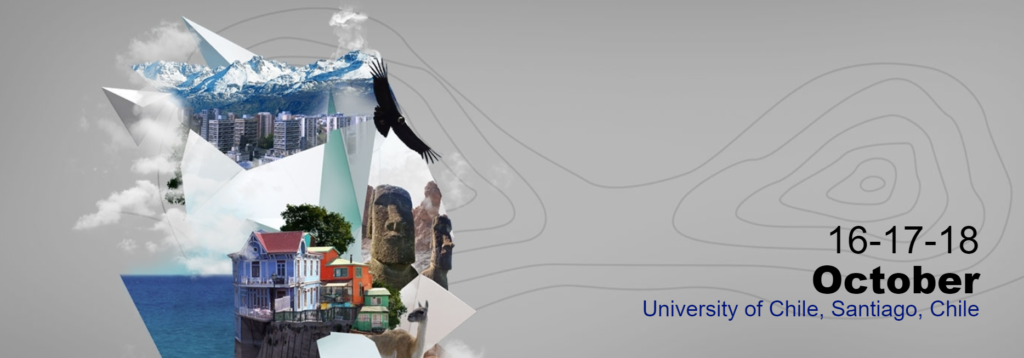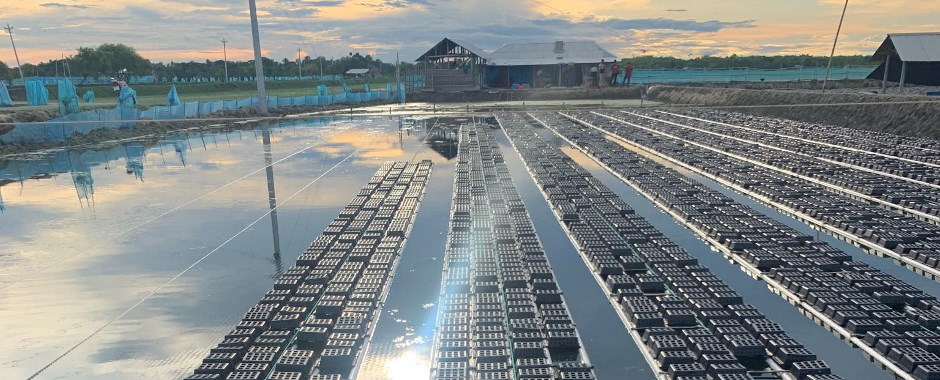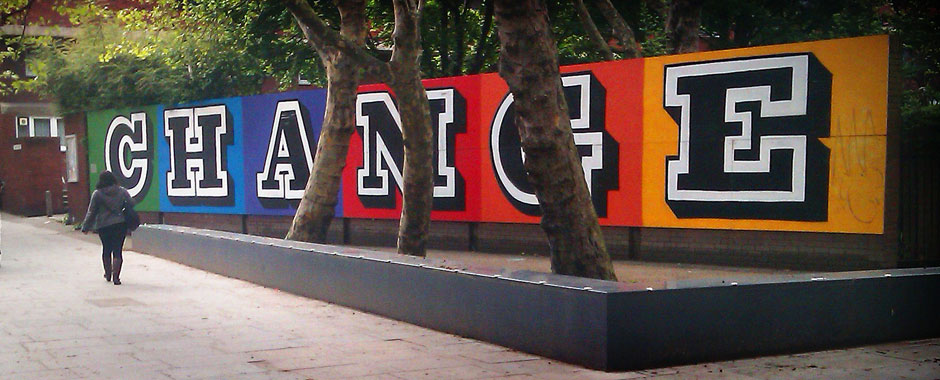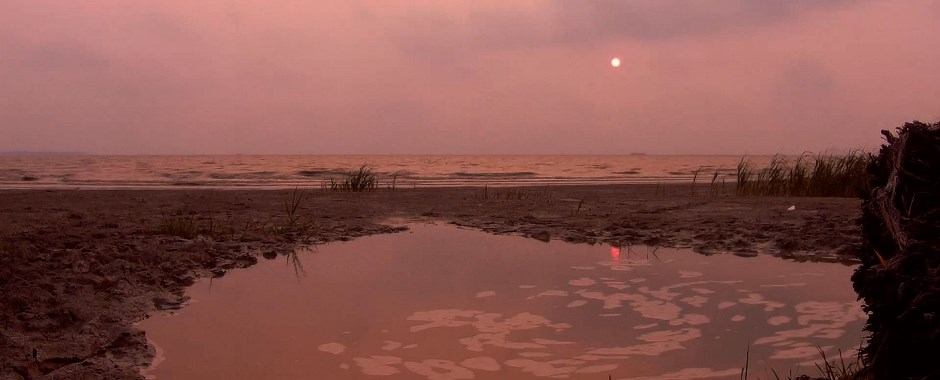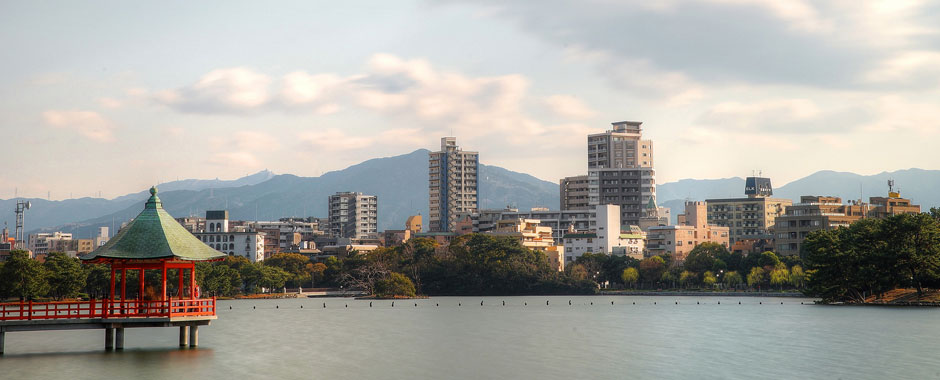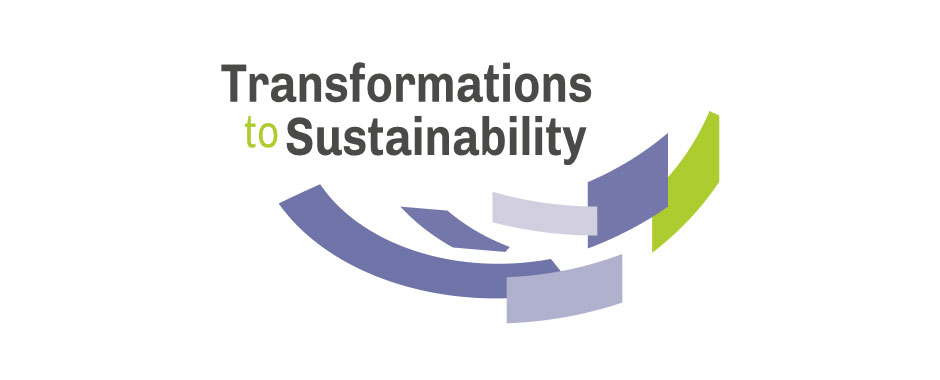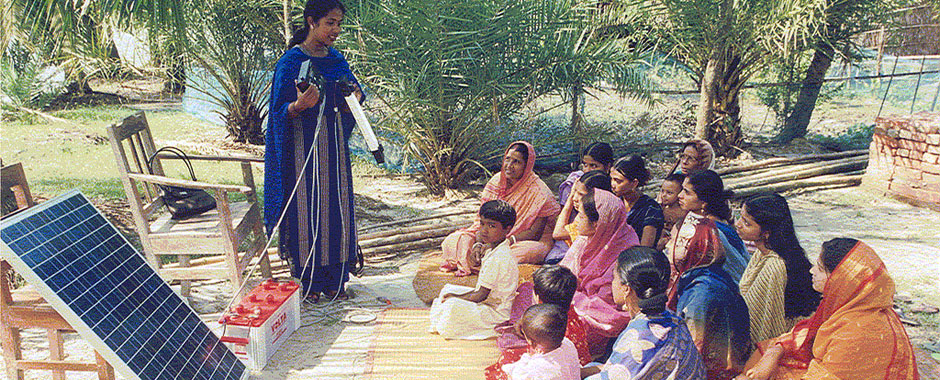We are deeply saddened to share the news of the death of Dr Pravin Kushwaha, of the South Asia Sustainability Hub. A notice by his colleagues in India is posted…
In memoriam: Dr Pravin Kushwaha
Transformation Conference 2021: Tapestry project sessions
The Tapestry project will be participating in a series of sessions at the upcoming 2021 Transformations Conference. The events will narrow in on marginal environments and climate uncertainty in South…
STEPS at Transformations 2019
Members of the STEPS Centre, including the global consortium, will be presenting at and facilitating various sessions at Transformations 2019 in Santiago, Chile. The conference is a fantastic opportunity for…
Local knowledge and ideas are key to action on climate disruption
Press release, 20 September 2019 Vulnerable coastal areas of South Asia face a ‘perfect storm’ of increasing climate uncertainties combined with threats to livelihoods from inequality, industrial development and marginalisation,…
How do ‘transformative spaces’ open up possibilities for action?
A paper by Fiona Marshall (SPRU), Jonathan Dolley (SPRU) and Ritu Priya (South Asia Sustainability Hub) explores how ‘transformative space making’ can contribute to systemic change that supports pro-poor transformations…
Uncertain Climate: new short film explores complex uncertainty in India
A new short film summarises key themes from the project Climate Change, Uncertainty and Transformation, which explored the myriad forms of uncertainty faced by the people at the forefront of…
New publication: T-Labs: A Practical Guide
The ESRC STEPS Centre and its partners have published a new guide to T-Labs (Transformation Labs). The 40-page guide draws on lessons from the Pathways Network, a project investigating new…
STEPS at the World Social Science Forum (WSSF) on 25-28 September
The STEPS Centre and its partners from the Pathways to Sustainability Global Consortium will be at the World Social Science Forum (WSSF) next week. This year’s event is held in…
New ‘TAPESTRY’ project on transformations from below in uncertain environments
A new project involving STEPS is one of twelve awarded funding by the Belmont Forum and NORFACE joint programme Transformations to Sustainability (T2S). The project is entitled TAPESTRY: Transformation as…
5 Challenges for least developed countries in the post-2015 era
2016 has been a big year for international agreements on development. New Sustainable Development Goals and targets were agreed. The Paris Agreement, the strongest statement for some time on climate…
